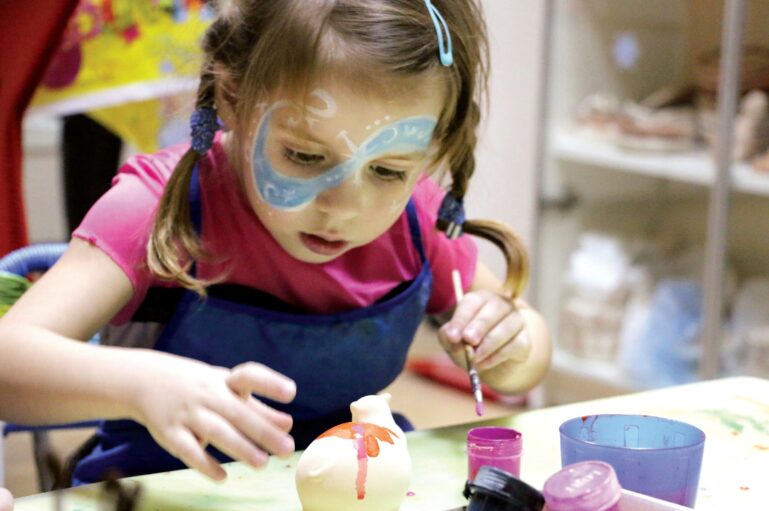One of the hallmarks of a good business manager is the ability to unlock creativity amongst other managers, supervisors and employees. There are many misconceptions about “creativity”. There is a body of people who believe that creativity is a loose form of self-expression, perhaps unrelated to anything going on in the business world. Some see creative ability as the preserve of the few rather than of the many. Still others see creativity only as associated with the arts. All our Futures, from an education perspective (brackets mine), argues that:
- Creativity is a function of human intelligence and becomes evident only in the active process of doing something. It is not a separate faculty of mind that some people have and others do not.
- Creative achievement is possible in all areas of human activity, including the arts, sciences, at work, at play and in all other areas of daily life. New forms of assessment must take account of a more positive view of what has been deemed the pupil’s (employees’) failure in addressing a set of prescribed skills. They should be rewarded for what they have learnt in the process.
- All people have creative abilities and we all have them differently. Many people do not discover their creative abilities because of lack of opportunity, encouragement and skill. When individuals do find their creative strengths, it can have an enormous impact on self-esteem and on overall achievement. Creativity relates to the capacity in all people to combine skills, knowledge and resources to solve problems in new ways in any context and within any group.
- Serious creative achievement relies on knowledge, control of materials and command of ideas. It is not simply a matter of letting go.
- Creativity is innovation through connecting things not previously connected. The challenge for education (and business) is to allow, enable and encourage pupils (employees) to make these connections
So, for managers wanting to draw out creativity in a business context, the following fundamentals are important in terms of getting the best out of everyone:
- Address any “trust” issues – transparency regarding the dynamics of relational issues that may hinder full participation is crucial to set a tone of openness in the workplace.
- Get all (no matter their level) to check their egos at the door – no-one should be caring about the smartest person in the room.
- Explain your manager/facilitator role – to assist the group to find creative solutions for the complexity of the business issues at stake, not to affirm or discount an idea. Indicate that there are possibly good aspects of any idea that can be used towards finding solutions.
- Elaborate on the business context – link the discussions directly to the business problem and state that you will be directing the conversation back to this problem and the business objectives over and over again.
- Listen deeply – restate an opinion/idea if necessary to give clarity for the group. To be able to accomplish this, both content and emotion behind an idea need to be understood by the manager.
- Keep the social connection intact – encourage deep interaction, give employees equal opportunity to express their respective views (not allowing managers to claim the space) and offer dignity and respect to everyone’s contribution.
Unlocking creativity in the workplace requires an environment of trust and respect for the ideas of others. The manager should model this in approach and direct the same throughout discussions.










